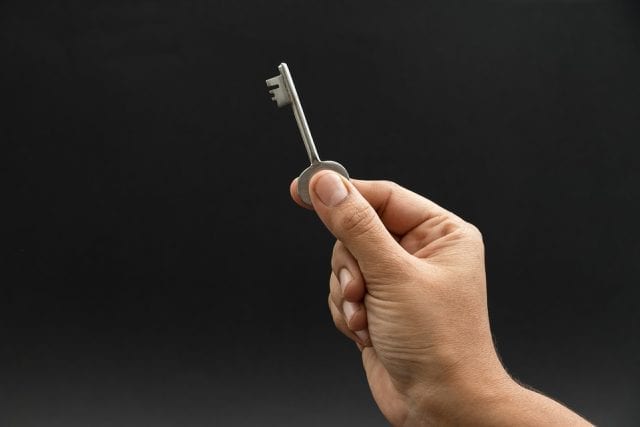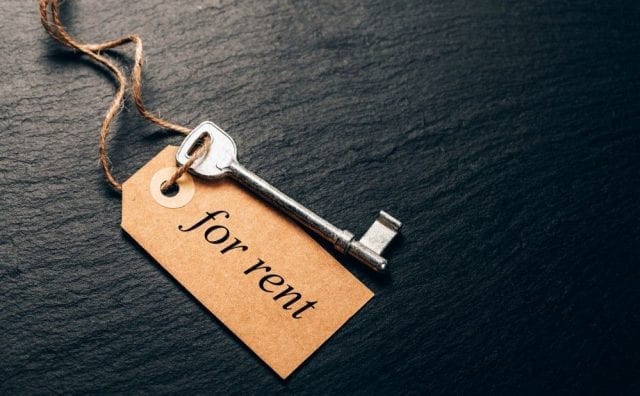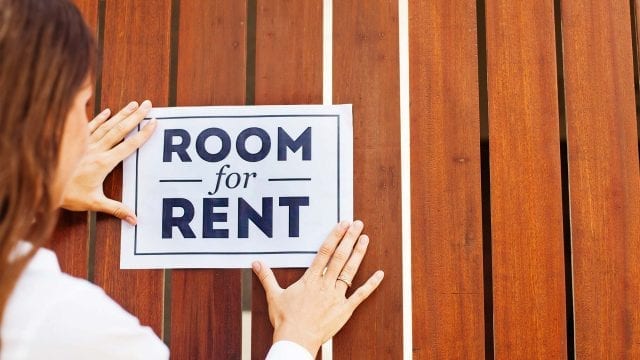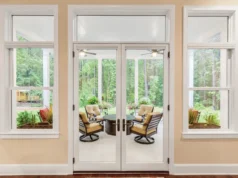
If you’re running a rental property, one of your biggest concerns should be tenant turnover. In an ideal scenario, your tenants would continue living in your property indefinitely, paying their rent on time, keeping the property in good condition, and ultimately making your life easier. If they don’t renew their leases, or if they decide to leave early, it creates a ripple effect that can cut into your cash flow and profitability, as stated by Green Residential.
Fortunately, there are some simple strategies that can help you keep tenant turnover in check.
Why Tenant Turnover Is Such a High Priority

First, let’s explain exactly why tenant turnover should be such a high priority. Whenever a tenant leaves, you’ll have to deal with several pain points:
Assisting and dealing with the move-out. You won’t have to help the tenant move out, but you may have to deal with whatever messes or furniture they chose to leave behind. You may also be forced to make repairs, paint, and get the apartment ready for someone new.
Vacancy and lost revenue. Unit vacancies can be devastating for property owners. An empty property means lost revenue, while you’re still paying the full amount for property expenses. In other words, it’s a strict financial loss. The longer your property is unoccupied, the worse the bleeding will become.
Marketing the property. You’ll then have to go through the hassle of marketing and advertising the property—which is both times- and cost-intensive.
Tenant screening. If you want to find a new reliable tenant, you’ll need to gather lots of applicants and screen them thoroughly. Again, this is a process that’s both time- and cost-intensive.
Tenant uncertainty. Even if you screen your candidates, there’s no guarantee you’ll end up with tenants who consistently pay rent on time, or plan to stay in your unit for an extended period of time.
Every time a tenant leaves, you’ll deal with this again. By contrast, if you have a tenant you know is responsible, reliable, and generally good for your property, it’s in your best interest to keep them as long as possible. The question is, how do you do it?
Decreasing Tenant Turnover

There are some easy ways you can decrease tenant turnover at your property:
Find the right tenants. “Good” tenants tend to have more stable jobs, with consistent revenue and are more likely to stay in one place for a long period of time. Accordingly, one of the best things you can do to decrease tenant turnover is to find better tenants in the first place. Take your time, and fill your apartment with someone reliable.
Remain in line with market prices. Prices have a major influencing effect on tenant activity. If you increase rent prices while most of the other properties in the area are trending at the same price, your tenant may grow frustrated and choose to leave. Try not to raise rent unless you have to—and if you do, make sure you justify the increase and keep it in line with the rest of the market.
Be kind. It’s a simple step, but one that can make or break your tenant relationship. Whenever you interact with your client, be friendly and kind. Make conversation with them when you see them at the property. When they ask questions, answer them quickly and politely. If you have to ask them for rent or make a specific request of them, do so in a friendly way. Good landlords are hard to find, so tenants will want to stick around if they like you.

Be responsive to requests. Similarly, it’s important to be as responsive as possible to tenant requests. If something breaks, make sure to get it fixed right away; if you can’t fix it right away, acknowledge the problem, and explain the timeframe in which you can get it fixed. Sometimes, all it takes is a quick text to put tenant concerns at ease.
Make periodic upgrades. If possible, make periodic upgrades to the property that encourage the tenant to stick around. Major improvements, like new cabinetry or a new appliance (like a dishwasher), can go a long way to keeping them around, but even minor improvements (like a flower garden) can make a difference.
Provide incentives or rewards. When you have tenants who have proven themselves to be reliable and easy to work with, provide them with incentives or rewards. Occasional rent discounts or a gift basket around the holidays are a perfect way to show your appreciation.
A reliable tenant is worth most of the compromises that might be necessary to keep them at your property. Do whatever you can to keep your tenants happy, so long as they continue to pay rent, and keep improving your practices to keep profitability high.








